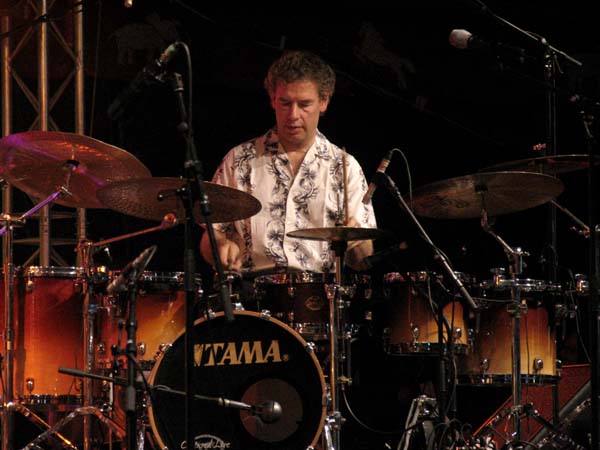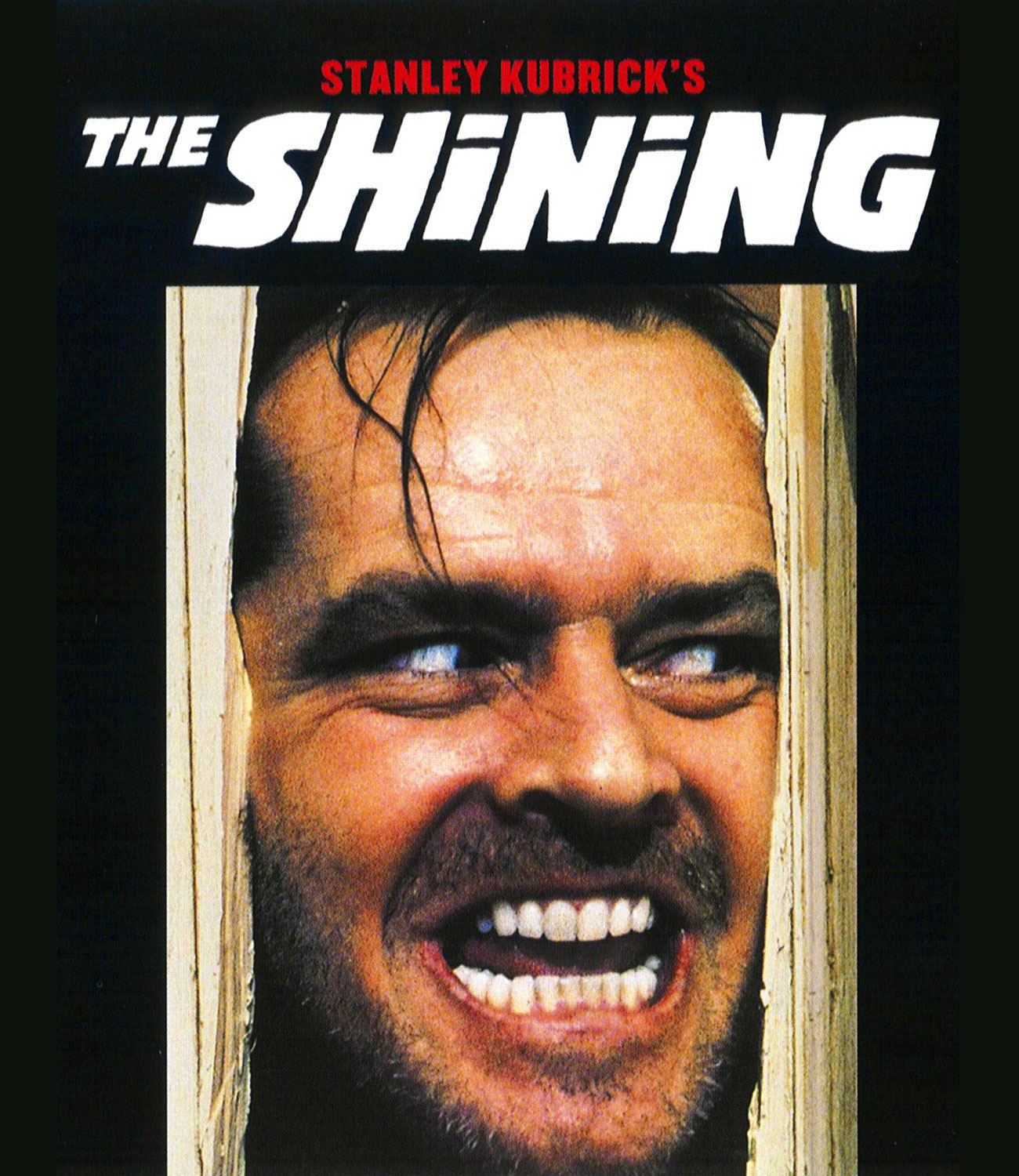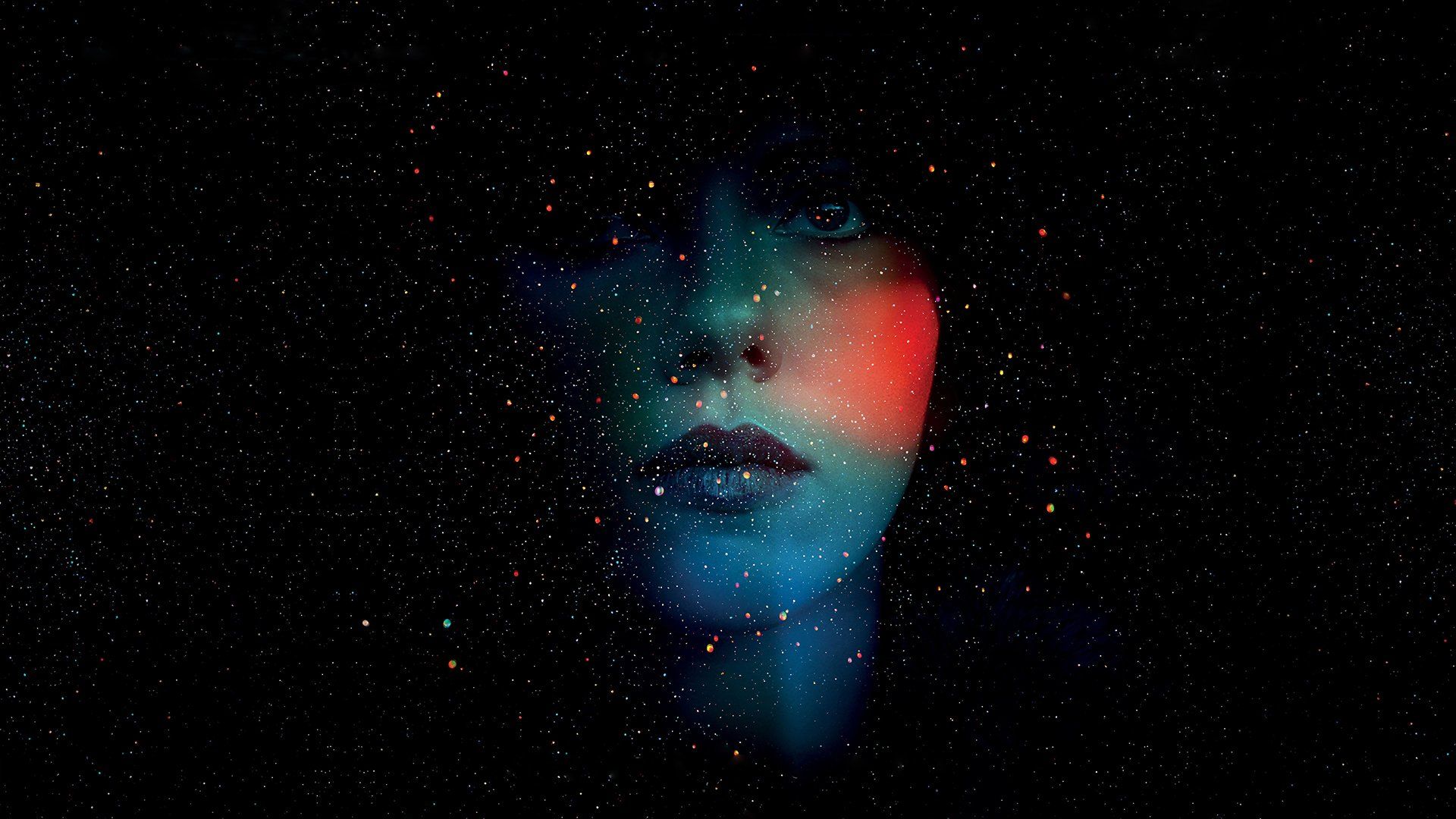
The 1970s: a decade of big hair, questionable fashion choices, and some truly groundbreaking television that often gets overshadowed by a select few household names. Sure, you remember *M*A*S*H* and *All in the Family* – and for good reason, they were phenomenal! But what about the unsung heroes, the shows that quietly redefined the small screen, tackling bold themes and introducing characters that reshaped everything, even if they’ve since faded from your memory?
It was an era that ushered in a new wave of storytelling, pushing boundaries with everything from trailblazing sitcoms to gritty crime dramas and even early forays into sci-fi and fantasy. These were the shows that, despite their influence and innovation, might not be the first to pop up in your nostalgia feed. But trust us, their cultural fingerprints are *everywhere* in modern television.
So, get ready to take a trip down memory lane! We’re about to peel back the layers of pop culture history and shine a spotlight on some truly iconic ‘70s TV shows you probably forgot existed but were, without a doubt, major hits and quietly shaped the television landscape we know and love today. Let’s dive into the first half of these amazing, influential gems!
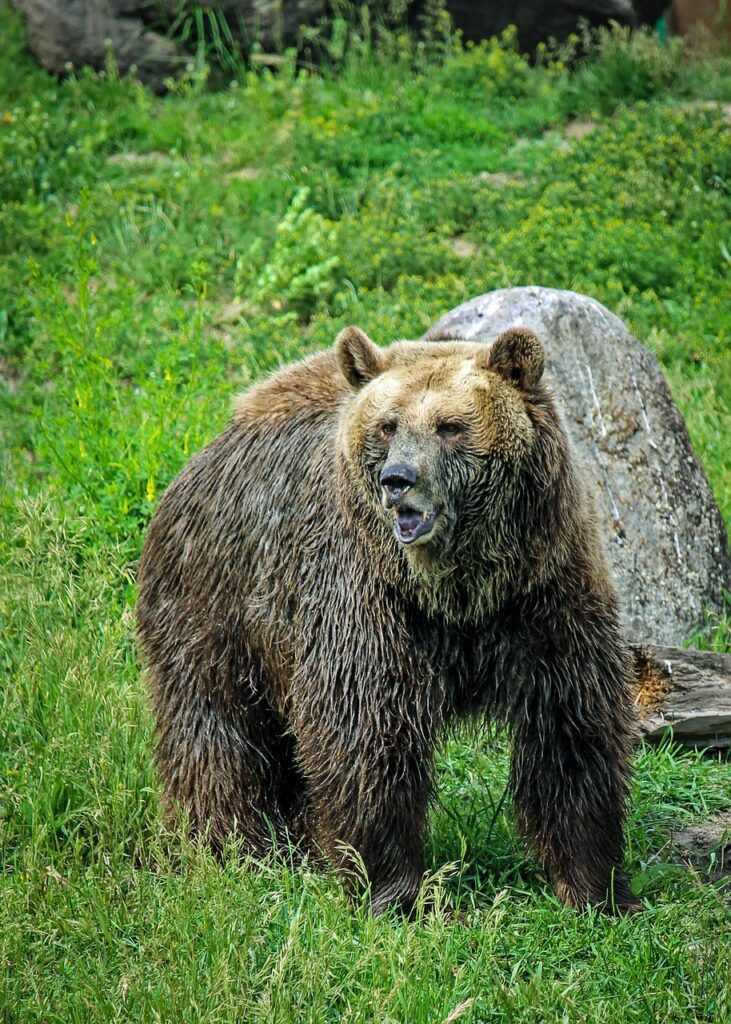
1. **The Life and Times of Grizzly Adams**This show was a breath of fresh air, long before “eco-conscious living” became a hashtag or anyone was talking about digital detoxes. “The Life and Times of Grizzly Adams” captivated audiences with its totally wholesome, nature-driven storytelling. Imagine a world where a man, Dan Haggerty, is falsely accused of a crime and decides, “You know what? I’m just going to live in the wilderness with a bear, a cougar, and an eagle!” Talk about embracing simplicity and forming the ultimate animal squad!
It offered a refreshing, almost idyllic contrast to the fast-paced, urbanizing world of the 1970s. As cities grew, viewers found a peaceful sanctuary in the show’s narrative. Week after week, audiences were transported to breathtaking mountain landscapes, witnessing heartwarming bonds between man and wildlife that felt deeply authentic. It was a gentle reminder of a simpler existence, connecting with a primal craving for serenity.
The series tapped into powerful themes of self-reliance, survival, and the profound beauty of the natural world. It struck a serious chord with viewers craving an escape from the daily grind and the growing complexities of modern life. There was a genuine charm in watching Grizzly Adams navigate the wilderness with his animal companions, solving problems with ingenuity and a deep respect for his surroundings.
While it might not be the first show you bring up at a retro TV party, its peaceful narrative and strong environmental themes still hit home today. Particularly with audiences drawn to tales of survival and simplicity, it serves as a quiet yet powerful influencer. It truly showed us how a human-animal bond could be built on trust and mutual respect, a concept that continues to resonate.
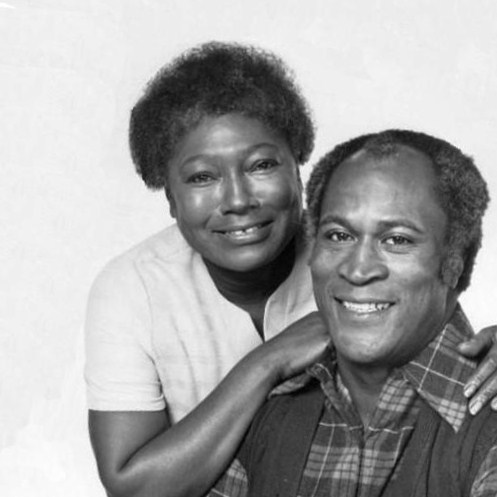
2. **Good Times**“Good Times” wasn’t just a sitcom; it was a bona fide cultural *moment*. Seriously, this was one of the very first primetime TV shows to fearlessly center on an African American family, giving a powerful voice to experiences rarely seen on national television. And it didn’t shy away from the real stuff, either. We’re talking about weighty issues like poverty, racism, and systemic inequality – all brilliantly wrapped up with memorable laughs and incredibly heartfelt moments.
The Evans family, led by the legendary John Amos as James and Esther Rolle as Florida, perfectly embodied resilience, strength, and an unbreakable spirit. They showcased the unwavering importance of community and those rock-solid family bonds that get you through anything life throws your way. Their struggles were relatable, their triumphs earned, and their love for one another was palpable.
This show wasn’t just entertaining; it was a barrier-breaker, a true trailblazer in television history. By portraying a working-class Black family with such depth and nuance, it helped pave the way for a whole new generation of Black-led sitcoms. Think about *The Cosby Show* and *Family Matters* – they stood on the shoulders of the Evans family.
Even though it sometimes gets overshadowed by its famous spinoff, *The Jeffersons*, “Good Times” left an undeniable, lasting impact on the television landscape. It proved, unequivocally, that sitcoms could brilliantly balance laugh-out-loud comedy with profound, meaningful social commentary. This blend of humor and realism addressed tough topics head-on, proving that television could be a powerful tool for social awareness.
The show’s honest portrayal of urban life and its challenges resonated deeply, making the Evans family iconic for their ability to find joy and strength amidst hardship. It truly captured the essence of an era while boldly looking towards a more inclusive future for TV.
Read more about: Unraveling the Complexities of David Carradine’s Death: An In-Depth Examination of the Actor’s Final Hours
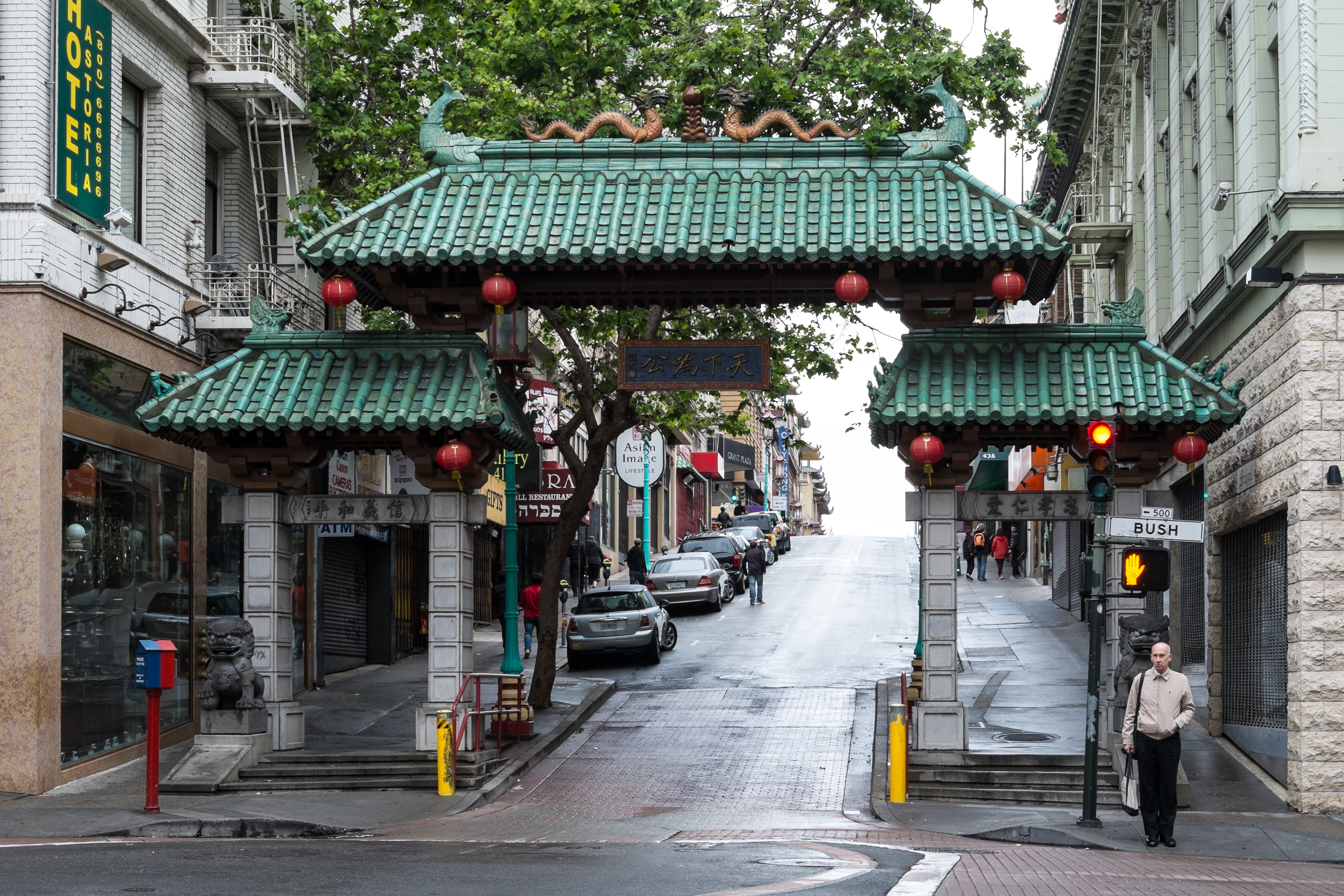
3. **The Streets of San Francisco**Before you were binge-watching *Law & Order* marathons or obsessing over every twist in *NCIS*, there was “The Streets of San Francisco.” This show basically wrote the playbook for the modern procedural crime drama, setting a standard for authenticity and character depth. It starred the iconic Karl Malden as Lt. Mike Stone and a fresh-faced, young Michael Douglas as Inspector Steve Keller, a dynamic duo navigating the city’s underbelly.
Week after week, viewers were drawn into the gritty yet stylish world of these two detectives as they tirelessly solved crimes across San Francisco’s distinctive neighborhoods. From the bustling downtown to the foggy hills, the city itself became a character, adding an extra layer of realism to each investigation. Their contrasting styles made for compelling television.
What truly made this show a standout? Its sheer authenticity and groundbreaking approach. It was one of the *first* police dramas to dive into realistic investigations and deliver street-level storytelling that felt raw and believable. This was a huge departure from the campier, more formulaic detective shows of earlier decades, bringing a new level of dramatic weight to the genre.
The series broke away from sanitized portrayals of law enforcement, instead offering a nuanced look at the complexities of police work and the human element behind the badges. It emphasized character-driven plots, allowing audiences to connect with Stone and Keller on a deeper level. This focus on personal struggles alongside professional challenges added gravitas that resonated with viewers.
Many of the modern crime dramas we love today owe a massive, uncredited debt to “The Streets of San Francisco” for its serious tone, its intricate plotting, and its deep character development. Yet, it remains, dare we say, criminally underrated in today’s pop culture landscape. It is, without a doubt, a true foundational pillar of the crime drama genre that deserves way more recognition!
Read more about: U.S. Navy’s Caribbean Operations: An In-Depth Look at Vessel Interdictions, Escalating Tensions with Venezuela, and Legal Scrutiny

4. **Soap**Okay, gather ’round, because before we had the meta-humor and fourth-wall-breaking brilliance of *Arrested Development* or the mockumentary magic of *The Office*, there was “Soap.” This sitcom was a total game-changer, pushing every single envelope with its bold satire, those insane, laugh-out-loud cliffhanger endings, and a hilarious, yet loving, take on classic daytime soap opera tropes. It was pure, unadulterated genius.
The show followed the wildly dysfunctional Tate and Campbell families, who were intertwined in a web of bizarre, over-the-top antics. But “Soap” went further, daring to tackle taboo topics that most shows wouldn’t even whisper about at the time. We’re talking mental illness, infidelity, and even groundbreaking LGBTQ+ representation! Can you imagine the buzz this caused in its day? It was truly fearless.
“Soap” definitely sparked controversy back then, drawing both praise and criticism for its provocative themes and unconventional structure. Its irreverent, brilliantly self-aware humor wasn’t just funny; it was a commentary on society and television itself, never taking itself too seriously.
This daring style paved the way for so many later comedies that learned how to perfectly blend sharp satire with serialized storytelling, giving us those long-running jokes and intricate character arcs that we adore in modern sitcoms. It taught audiences to expect the unexpected, to embrace absurdity, and to see humor in the most dramatic of situations.
In essence, “Soap” was a masterclass in comedic bravery and narrative innovation. Its willingness to challenge norms and use humor to explore complex human experiences made it a groundbreaking series. It forced viewers to confront their own biases while simultaneously making them laugh uncontrollably.
Read more about: Hollywood’s Fading Reels: 5 Iconic Movies That Simply Wouldn’t See the Light of Day in Today’s World

5. **Kolchak: The Night Stalker**If you’re a superfan of *The X-Files*, get chills from *Supernatural*, or spend your nights theorizing about *Stranger Things*, then you owe a massive, shadowy thank you to “Kolchak: The Night Stalker.” This series was so far ahead of its time, a true pioneer in the paranormal investigative genre. It followed journalist Carl Kolchak, played by the amazing Darren McGavin, as he relentlessly pursued mysteries, myths, and all sorts of monsters lurking in the shadows, often with a healthy dose of exasperation.
Here’s the wild part: the show only ran for a single season! Despite its short run from 1974 to 1975, it developed a massive, devoted cult following that still thrives today. Its unique blend of horror, mystery, and a skeptical protagonist made it an instant classic. The influence of “Kolchak” on the paranormal and horror TV genres is absolutely undeniable, shaping narratives for decades to come.
It wasn’t just about spooky ghost stories; Kolchak was one of the *first* series to really dig into that compelling skepticism versus belief dynamic. Our hero, Carl Kolchak, would uncover undeniable evidence of the supernatural, only to have his superiors dismiss it as hoaxes. This constant battle against institutional disbelief became a signature element, later defining shows like *The X-Files*.
The show’s “monster-of-the-week” format, where Kolchak would encounter a different creature or phenomenon each episode, also became a beloved staple of supernatural television. From vampires and werewolves to Indian spirits, Kolchak faced a diverse array of antagonists, always approaching them with a mix of fear, journalistic duty, and a surprising amount of humor.
Seriously, if you live for a good monster-of-the-week format, compelling mysteries, and a protagonist who just can’t catch a break, this is one of those truly forgotten ‘70s shows that is absolutely, 100% worth revisiting. It’s got all the spooky vibes, investigative thrills, and character depth that still feel fresh and exciting today.
Read more about: Beloved Actress Lara Parker, Iconic Star of “Dark Shadows,” Dies at 84
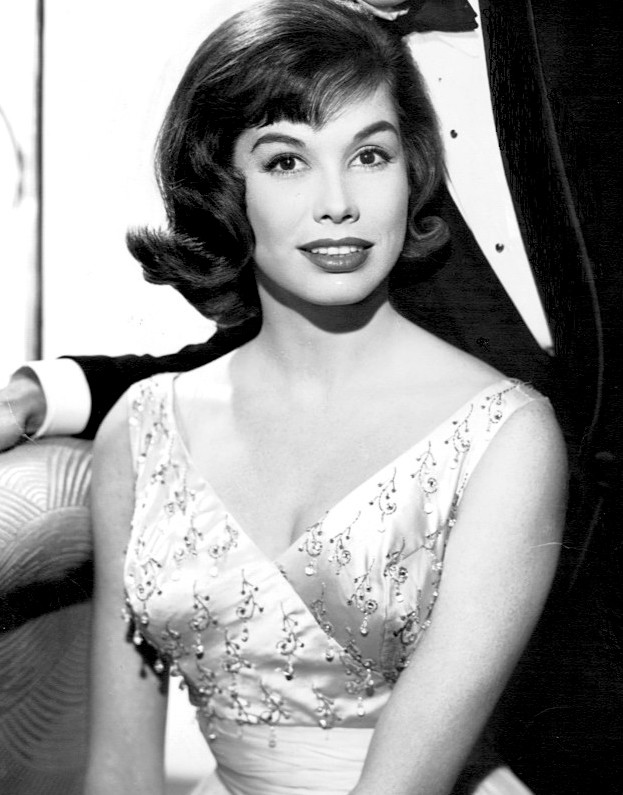
6. **The Mary Tyler Moore Show**Let’s be real, “The Mary Tyler Moore Show” was way more than just a sitcom; it was a legitimate revolutionary moment in TV history, a true cultural touchstone. Imagine Mary Richards, played by the iconic Mary Tyler Moore herself, as a single, independent career woman. This show absolutely shattered traditional expectations by moving completely away from the old-school housewife narrative and instead focused on a woman absolutely thriving in the workplace. Hello, inspiration!
But it wasn’t just about breaking stereotypes (though it did that magnificently!). The show boasted razor-sharp, witty writing, a supporting cast that was pure comedic gold, and a warmth that made every episode feel like a cozy, yet hilarious, hug. The humor was intelligent, the characters were deeply human, and the situations often resonated with real-life experiences.
It became a powerful beacon of female empowerment, inspiring a whole generation of women to pursue their own careers and independence. It directly influenced later legendary series like *Murphy Brown* and *30 Rock*, demonstrating that stories centered on professional women could be incredibly successful and deeply resonant. Its legacy truly celebrates working women on TV.
The comedic brilliance of “The Mary Tyler Moore Show” holds up even today, a testament to its timeless writing and character development. It normalized the idea of a woman having a career without needing to apologize for it, making it a powerful statement wrapped in laughter and heart. It showed the complexities of balancing work, friendships, and dating in a way that felt authentic and relatable.
This show didn’t just entertain; it uplifted and empowered, proving that smart, funny, and capable women could lead the show. It carved out a space for intelligent, adult comedy that was both socially conscious and genuinely hilarious, cementing its place as one of the most influential and beloved sitcoms of all time.
Read more about: Robert Redford: The Enduring Legacy of a Hollywood Legend, from Sundance Kid to Silver Screen Titan

7. **The Electric Company**Who said educational TV had to be boring? “The Electric Company” proved them all wrong, and then some! This brilliant PBS show made learning genuinely fun, turning literacy into an adventure for countless kids. It packed in catchy songs, hilarious comedy sketches, and vibrant animated lessons that actually helped kids supercharge their reading and literacy skills without them even realizing they were learning.
The cast was totally star-studded, featuring a young Morgan Freeman (yes, *that* Morgan Freeman, showcasing his early versatility!) and delivering catchy segments focusing on rhyming, phonics, and all sorts of playful wordplay. The ensemble cast brought an infectious energy to every sketch, making complex language concepts digestible and entertaining. It was often called *Sesame Street’s* hipper, faster-paced, and slightly edgier cousin.
Basically, if *Sesame Street* was your sweet older sibling teaching you your ABCs, *The Electric Company* was the cool aunt with the record player and a wicked sense of humor, making sure you understood how those letters formed words and sentences. It targeted children aged 7-10, bridging the gap between early childhood education and more complex reading comprehension.
While it might not have achieved the same long-term recognition or merchandise ubiquity as its famous counterpart, *Sesame Street*, its impact on children’s educational programming was absolutely immense. It lit the spark for countless future shows, influencing educational series like *Reading Rainbow* and *Blue’s Clues*, demonstrating that quality education could be seamlessly integrated with top-tier entertainment.
This show definitely deserves a standing ovation for making learning cool, accessible, and utterly unforgettable. It proved that you could entertain, educate, and inspire a whole generation, all at the same time, instilling a love for language and reading in millions.
Get ready to dive back into the amazing, often-forgotten world of ‘70s television! We’ve already explored some absolute game-changers, and now we’re unearthing seven more gems that made their mark, whether through wild sci-fi adventures, pioneering social commentary, or by putting incredible women and diverse voices front and center. These shows might not be on your current binge-watch list, but their DNA is undeniably woven into the fabric of today’s TV landscape. Prepare for another dose of nostalgia and a whole lot of “wait, *that* show was from the ’70s?!” moments! Let’s jump in.
Read more about: Beyond the Badge: Uncovering the Hidden Flaws in 14 Fan-Favorite Vehicle Models
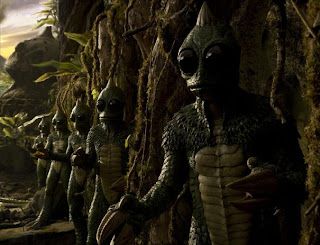
8. **Land of the Lost**What do you get when you mix dinosaurs, time travel, and parallel dimensions? You get the imaginative, utterly bizarre, and frankly, iconic world of “Land of the Lost”! This live-action kids’ show was appointment viewing for a generation, dropping viewers into a prehistoric realm where a family was suddenly trapped, surrounded by terrifying dinosaurs, mysterious alien civilizations, and portals that could lead anywhere (or nowhere!). It was pure, unadulterated Saturday morning sci-fi chaos in the best possible way.
Now, let’s be real: the special effects were, shall we say, charmingly low-budget for their time. We’re talking stop-motion dinosaurs that moved with a certain… deliberate grace. But you know what? That didn’t matter one bit! Because beneath the jerky T-Rex movements and the occasionally rubbery Sleestaks (those awesome lizard-men!), the storytelling was surprisingly deep, covering universal themes of survival, adaptation, and the absolute importance of teamwork when you’re literally fighting for your life against a Pylon.
“Land of the Lost” was more than just monster-of-the-week escapades. It subtly explored complex ideas about different species coexisting (or not!), the mysteries of ancient technology, and the sheer desperation of being lost in an unknown world. It was a masterclass in making kids think about bigger questions, all while being thoroughly entertained by primal screams and epic chases. This show had layers, folks!
Its influence on sci-fi and adventure storytelling is still seen today, particularly in the countless pop culture homages and reboots that openly acknowledge its cult following. If you loved *Lost* or just anything with a good mystery and unexpected twists, you can trace some of that narrative magic back to the truly unique and enduring legacy of “Land of the Lost.” It proved that even with a shoestring budget, a truly wild concept can capture imaginations for decades.
Read more about: Vanishing Acts: 10 Famous Actors Who Disappeared After One Huge Hollywood Hit
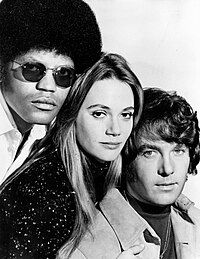
9. **The Mod Squad**Okay, imagine this: it’s the late ‘60s/early ‘70s, and young people are *constantly* pushing back against authority. Now, what if three of those rebellious outsiders became undercover cops? That’s exactly what “The Mod Squad” did, and it completely flipped the script! This groundbreaking show blended classic police procedural storytelling with counterculture themes, creating a crime drama that felt incredibly fresh, relevant, and utterly cool for its time.
Our fearless trio – Pete, Link, and Julie – were ex-delinquents who were given a second chance, using their street cred and youthful perspective to infiltrate worlds that older, establishment cops simply couldn’t touch. This diverse cast and their socially conscious narratives weren’t afraid to tackle some seriously hot-button issues. We’re talking racial inequality, drug use, and the ever-present generational divides, giving the show a far more thought-provoking edge than many typical crime series of its era.
The show didn’t just entertain; it educated and challenged viewers. It showcased the complexities of youth culture, the struggles within communities, and the idea that justice could be served in unconventional ways. The characters were relatable because they had real flaws and real stakes, making their undercover work feel genuinely dangerous and impactful. It was police work with a conscience, wrapped in the coolest threads of the day.
While “The Mod Squad” might not always be the first show that pops into your head when you think ’70s TV, its impact is undeniable. It paved the way for future crime dramas that perfectly merged action with powerful social commentary, influencing everything from the undercover antics of *21 Jump Street* to the gritty, real-world complexity of *The Wire*. It proved that television could reflect society’s changes and push for understanding, all while delivering a healthy dose of drama and style.
Read more about: The Unforgettable Moments: 11 Stars Who Exploded the Internet with a Single Photo, and the Wild Rides That Followed!

10. **Rhoda**Remember Mary Richards from *The Mary Tyler Moore Show*, our groundbreaking independent career woman? Well, get ready for her bestie, Rhoda Morgenstern, who took the concept of female independence a glorious step further in her very own spinoff, “Rhoda”! Played by the absolutely hilarious Valerie Harper, this show followed Rhoda as she navigated the triumphs and tribulations of love, career, and friendships in the bustling, beautiful chaos of New York City.
What truly set “Rhoda” apart and made it such a beloved hit was its incredible authenticity. It fearlessly explored the often-messy ups and downs of relationships, the journey of self-discovery, and the very real challenges and joys of modern womanhood, all delivered with an abundance of warmth and razor-sharp wit. Rhoda wasn’t just a sidekick anymore; she was the star, and her life was an engaging, relatable adventure for millions.
Rhoda’s character was everything: her no-nonsense attitude, her quick humor, her fantastic sense of style (remember those headscarves?!), and her unwavering loyalty made her one of the most beloved and instantly recognizable TV personalities of the entire decade. She embodied the spirit of a woman forging her own path, making mistakes, picking herself up, and always doing it with a laugh and a smart remark.
Even though it sometimes doesn’t get as much spotlight as its parent show, “Rhoda” was an absolute trailblazer for female-led comedies that dared to tackle real-life issues with honesty and heart. Think about later series like *Ally McBeal* or *Girls* – the DNA of a strong, independent, and sometimes wonderfully flawed female protagonist making her way in the world can be traced right back to Rhoda. She proved that a woman’s journey, in all its complicated glory, was compelling enough to carry a show and capture the hearts of a nation.
Read more about: Remembering the Stars: An Insider’s Poignant Tribute to the ‘Dancing With the Stars’ Family Members We’ve Lost Too Soon

11. **Chico and the Man**Prepare for a show that was not only incredibly ahead of its time but also holds a unique, bittersweet place in television history: “Chico and the Man.” This gem was one of the *first* sitcoms to feature a Latino lead, blazing a trail that was desperately needed. Set in the vibrant backdrop of East Los Angeles, the series revolved around the unlikely, yet totally heartwarming, friendship between a perpetually grumpy, older garage owner (played by the legendary Jack Albertson) and his charismatic, sharp-witted young employee, Chico, brought to life by the immensely talented Freddie Prinze.
This show was a masterclass in blending laugh-out-loud humor with incredibly heartfelt moments. It fearlessly highlighted significant themes like racial tension, the often-wide generational divides, and ultimately, the profound power of human connection that can bridge any gap. It wasn’t just about jokes; it was about understanding, empathy, and finding common ground, which was truly revolutionary for a network sitcom in the ’70s.
At a time when Latinx representation was almost nonexistent on mainstream television, “Chico and the Man” burst onto the scene as a bold, refreshing, and genuinely necessary take on comedy. It gave a voice and a face to a community that was largely invisible on the small screen, showing their lives, their struggles, and their humor in an authentic and engaging way. This wasn’t just a show; it was a cultural mirror, reflecting a vital part of America.
Despite the show’s tragic real-life circumstances (the untimely passing of Freddie Prinze), its legacy remains undeniably powerful. “Chico and the Man” courageously opened doors for more diverse storytelling in sitcoms, proving that audiences were hungry for narratives that reflected the rich tapestry of American life. It’s a series that deserves to be remembered not just for its humor, but for its profound social impact and its pioneering spirit in showcasing representation long before it became a mainstream conversation.
Read more about: Harpo Marx: The Unspoken Saga of a Silent Genius – Revealing the Pain and Poignancy Behind the Wild Child’s Smile
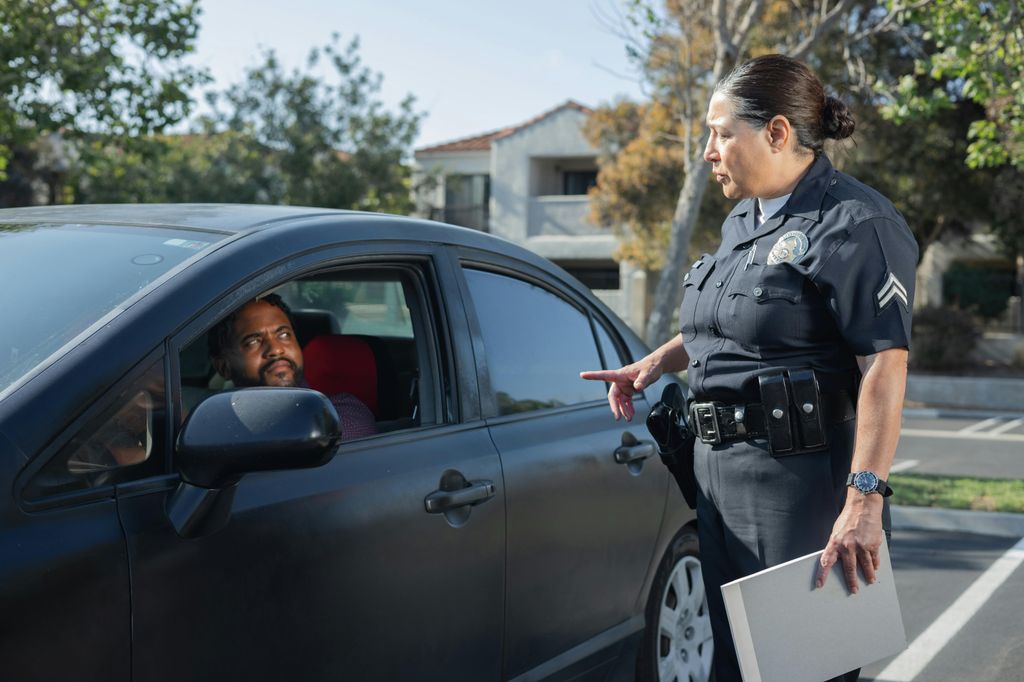
12. **Police Woman**Before you were glued to *Law & Order: SVU* or rooting for the dynamic duo in *Cagney & Lacey*, there was “Police Woman”—and trust us, it was a game-changer! This show proudly held the title of the *first* network TV drama to feature a female cop as the lead. Starring the absolutely tough and undeniably determined Angie Dickinson as Sergeant Pepper Anderson, this series completely redefined what women could achieve and portray on the small screen, proving they weren’t just for supporting roles anymore!
Seriously, in an era when female characters were so often relegated to the sidelines, playing wives, girlfriends, or damsels in distress, “Police Woman” boldly stepped forward. It proved, unequivocally, that women could absolutely carry an action-packed series, deliver compelling performances, and still bring incredible emotional depth to their roles. Sergeant Anderson wasn’t just tough; she was smart, resourceful, and navigated a male-dominated world with grace and grit, all while looking fabulous.
But this show wasn’t just about breaking gender barriers in action; it also bravely tackled serious social issues that were relevant to the times. From the sensitive portrayal of domestic abuse to uncovering intricate webs of corruption, “Police Woman” used its platform to shed light on difficult topics, giving viewers more than just car chases and shootouts. It offered a glimpse into the complexities of police work and the broader societal challenges faced by law enforcement.
While “Police Woman” might not be as widely discussed today as some other crime dramas, its trailblazing influence is undeniable. It paved the way for countless strong female leads in crime dramas and beyond, directly impacting characters like the iconic Olivia Benson from *SVU* and the formidable Jessica Pearson from *Suits*. It’s a testament to the fact that showing a woman in a position of power, competence, and action was not only empowering but also seriously good television that continues to resonate.
Read more about: Missed Opportunities: The Top 6 Badly Executed Movies That Had All the Potential
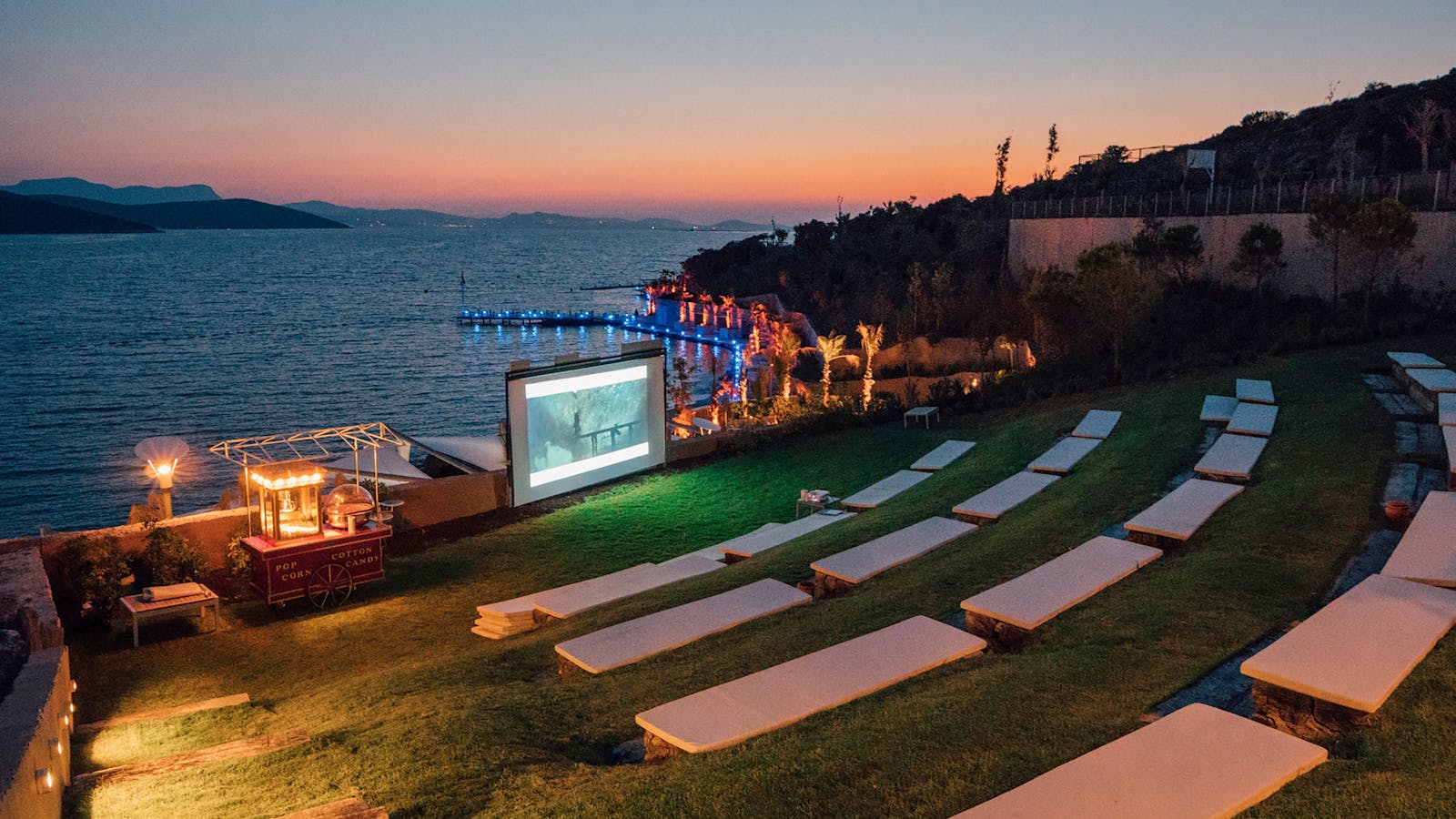
13. **Quark**Okay, buckle up, sci-fi nerds and comedy connoisseurs, because before *Guardians of the Galaxy* made space opera funny, there was “Quark”! In a universe where shows like *Star Trek* often took themselves with a cathedral-like seriousness, “Quark” dared to ask a crucial question: what happens when space is actually, well, full of garbage? This hilariously absurd series followed Adam Quark, a cosmic trash collector extraordinaire, who commanded a crew that made the Guardians look professionally competent by comparison.
And what a crew it was! Quark’s adventures involved navigating the cosmos in a ship that seemed held together with duct tape and hope, often dealing with more bureaucratic nonsense than actual space anomalies. His navigation problems were creatively handled by his identical clone navigators, the Bettys (yes, two of them!), who were perpetually competing for his attention like an interstellar reality dating show. The sheer, unadulterated absurdity was its superpower, making every episode a delightful romp through the ridiculous.
Despite the fact that “Quark” only lasted for a single, glorious season of eight episodes, its satirical dismantling of classic sci-fi conventions cultivated a massive, devoted cult following that still keeps its memory alive today through convention panels, fan art, and endless YouTube clips. It wasn’t just a parody; it was a loving, yet critical, commentary on the tropes and clichés that defined the genre, all delivered with impeccable comedic timing and a wink.
“Quark” truly stands as one of television’s earliest, and perhaps funniest, warnings against taking space fantasies too seriously. It proved that sci-fi could be both epic and utterly hilarious, influencing countless later works that blend the cosmic with the comedic. So, if you’ve got a soft spot for witty parodies and shows that were just way ahead of their time, then this forgotten gem of the ’70s is an absolute must-watch that will have you laughing all the way to a galaxy far, far away.
Read more about: Remember the ’70s? 12 Wild Events and Trends That Were SO Everywhere, They Practically Lived in Our Living Rooms!

14. **Space Academy**Ever dreamt of going to a school in space? Well, in the year 3732, the cadets of “Space Academy” were living that dream, training at facilities literally built into asteroids! This super cool kids’ show followed young hopefuls as they learned to protect entire galaxies, all while figuring out how to manage their own exceptional abilities, including telepathy and superhuman strength. Talk about a tough curriculum, right?
Their primary training vessel, aptly named the Seeker, wasn’t just for drills; it allowed them to embark on simulated missions that, because this is television after all, inevitably turned into actual, high-stakes adventures. From navigating asteroid fields to encountering alien life forms, every week was a new challenge that tested their skills, courage, and teamwork in the vast, unknown expanse of space. It was a perfect blend of education and intergalactic excitement.
For its era, the show’s special effects—particularly the model work—represented some seriously high-end television production. We’re talking spaceship models that actually looked like they were soaring through the cosmos, creating space sequences that genuinely impressed viewers accustomed to seeing visible wires! The commitment to visual spectacle helped transport young audiences to a believable (if futuristic) universe, making the lessons feel even more real.
“Space Academy” wasn’t just about the cool spaceships and superpowers; it also delivered important educational messages about teamwork, responsibility, and the ethical dilemmas of power. It taught kids about problem-solving, moral choices, and the value of working together to overcome challenges, all wrapped up in a thrilling sci-fi package. It’s one of those ’70s shows that, while perhaps not remembered as vividly as some, quietly inspired a generation to look to the stars and embrace their inner hero.
Read more about: Beyond the Screen: Celebrating Iconic Actresses Who’ve Shared Their LGBTQ+ Truths
And there you have it, folks! Fourteen incredible, often-forgotten, but truly game-changing TV shows from the 1970s. From battling prehistoric beasts in a lost land to navigating the social complexities of urban life, and from pioneering female leads to challenging societal norms with humor and heart, these series were more than just entertainment. They were cultural touchstones, quietly shaping the television landscape we know and love today. So, next time you’re feeling nostalgic, or just looking for a seriously underrated binge-watch, remember these gems. They might just surprise you with how relevant and impactful they still feel, decades later. Happy viewing!

